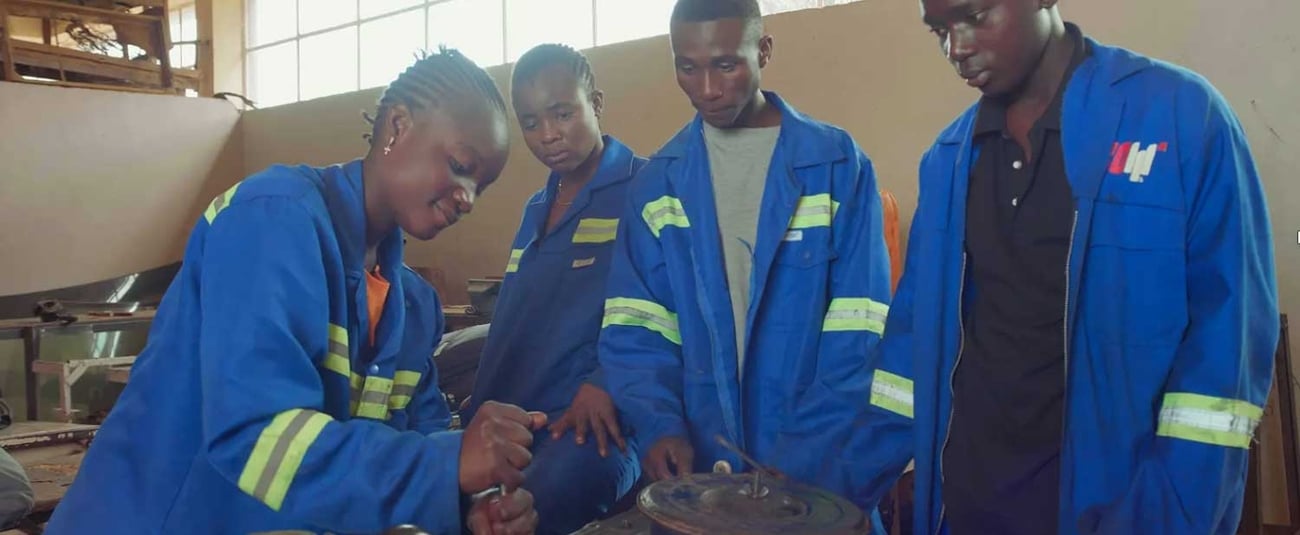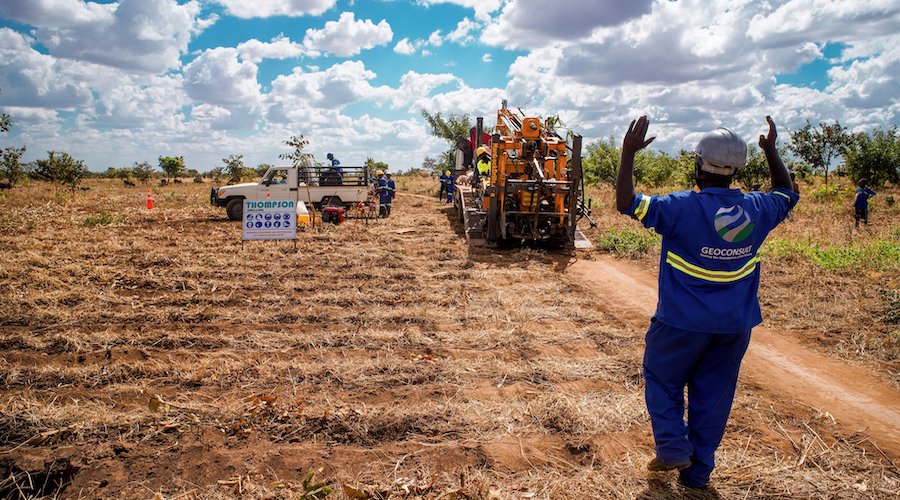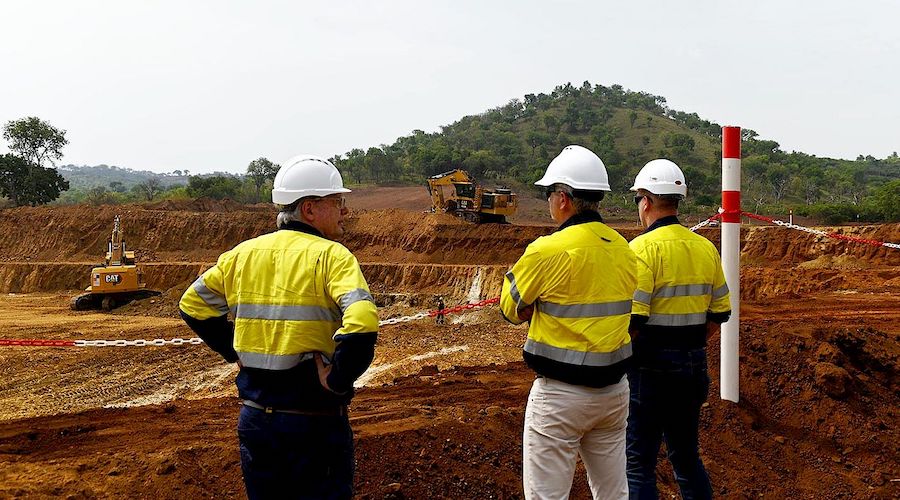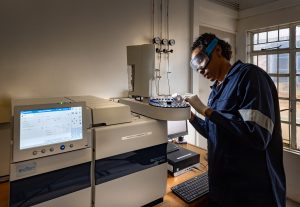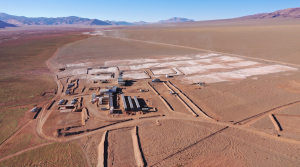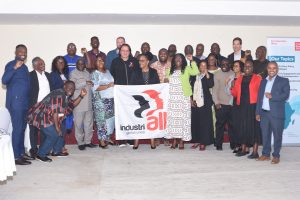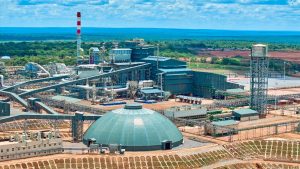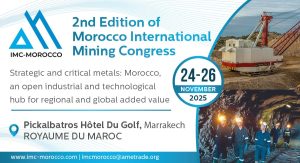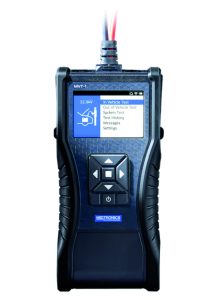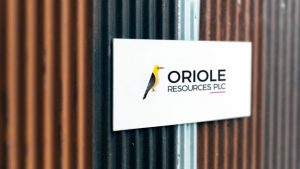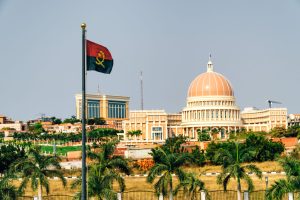Renergen says local asset managers are “50% of problem” in SA resources crisis
Stefano Marani, CEO of Renergen company, checks frozen specimens stocked using a prototype of Cryo-Vacc, an ultra-cold biologic transport unit, in Dunkeld West, Johannesburg, on February 17, 2021. – The unit uses a helium based refrigerating technology, has been created to safely transport COVID-19 vaccines doses (6000 per unit) as well as other vaccines, especially in rural area of the Africa continent as it maintain the temperature inside (8 to -150 C) constant for over three weeks without an external power source. (Photo by LUCA SOLA / AFP) (Photo by LUCA SOLA/AFP via Getty Images)
RENERGEN CEO Stefano Marani launched a stinging attack on South African asset managers at the Junior Indaba being held in Johannesburg accusing them of being 50% of the problem in the non-development of the country’s junior mining sector.
The company is developing a project to produce liquid natural gas (LNG) and helium in the area around Virginia and Welkom in the Free State with the first phase of the project due to start up “within weeks” which will make the company the first on-shore producer of LNG in South Africa.
Renergen recently received a major boost when Canadian mining major Ivanhoe Mines bought a 4.35% stake in the company with an option to raise this to 25% following a due diligence. Ivanhoe – run by mining entrepreneur Robert Friedland – is developing the Kamoa-Kakula copper mining complex in the Democratic Republic of Congo and the Platreef platinum group metals mine in South Africa.
“We have not received a single cent from (asset managers in) South Africa. We got all our money from the United States. The United States government can see the value of our project but Cape Town (asset managers) cannot.”
He said the country’s asset managers had to share the blame for the state of South Africa’s junior mining industry equally with the South African government. He pointed out he knew of many asset managers who had Renergen shares in their own personal investment portfolios but who had not bought the stock for their firms.
“We did three different rounds of roadshows in South Africa and the general reaction was – ‘great story, great story but not interested’. Somewhere along the way the South African asset management industry has lost its way and lost all the analysts who could look at the inherent value of resources.
“If it’s not measurable by a price to earnings ratio then our asset managers have no idea of how to value a project,” he said.
“The rest of the world outside of South Africa knows how to do this”, said Marani, attributing much of the success of the Australian economy to the ability of its financial institutions to assess mining and resource projects correctly.
Share this content:


